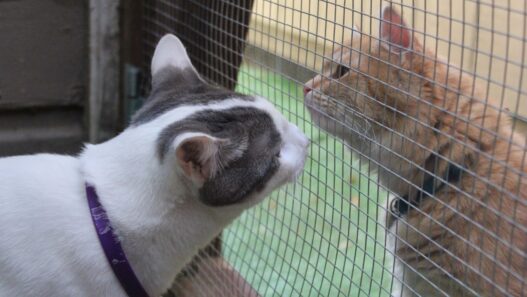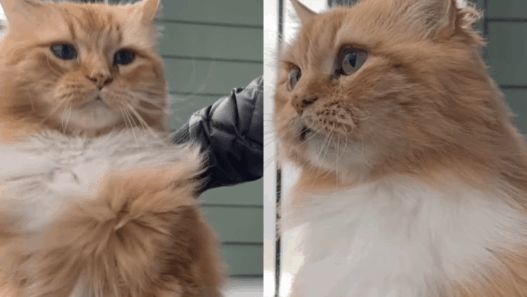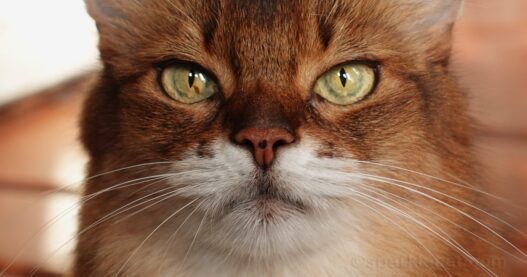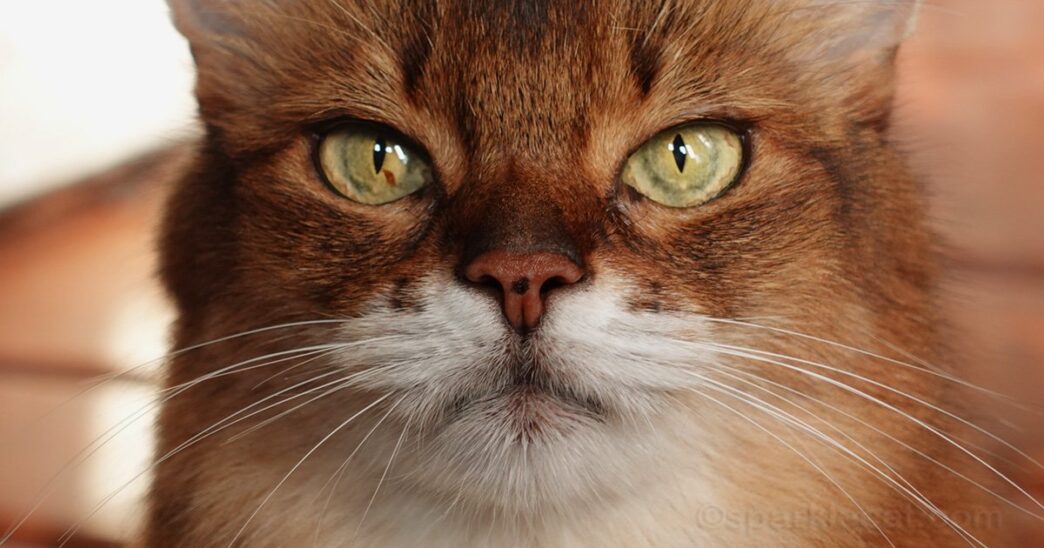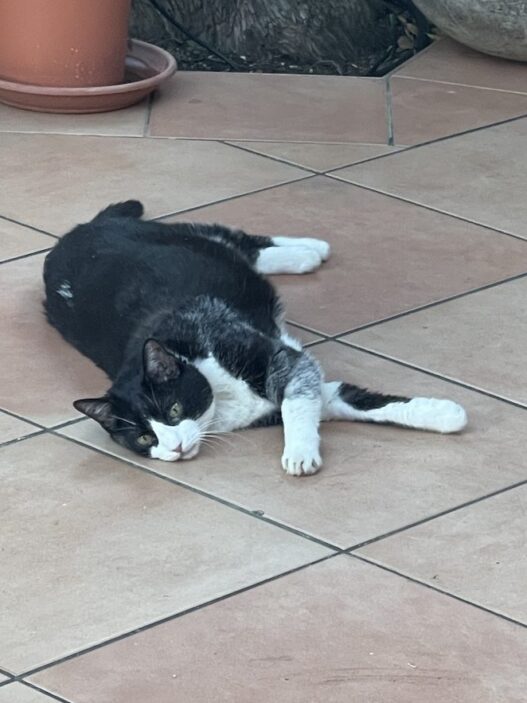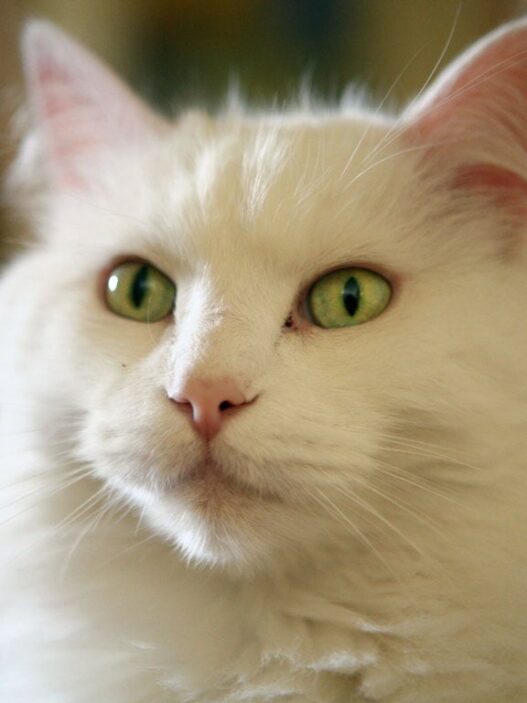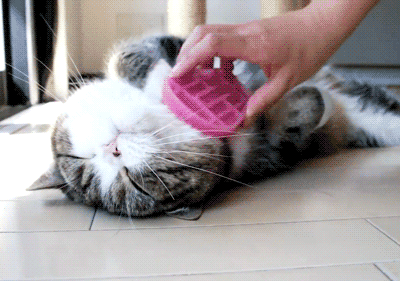

Nearly everyone knows how sensitive a cat’s sense of smell is. But a recent study takes that a step further. Japanese researchers have fond that we kitties apparently can ID our humans by their scent alone!
This makes sense, really. Even humans can do that. Ask mine — she has had boyfriends she could totally ID purely by their scent! (And I mean that in a good way.) So, given the superior sense of smell we cats have, it would logically be a way for us to know our humans are nearby.
What the study discovered
What is interesting, however, is the reaction of the 30 cats in the study. Maybe you’re thinking that when presented with the same of their human’s scent they lingered longer than with the scent of the person they didn’t know. But the exact opposite was true! The cats spent less time with the human scent they were already familiar with. They were far more thorough in checking out the strange scent.
But don’t get your feeling hurt over that. Cats use scent as information, not to recall sentimental memories (like my human does!). So of course they spent less time with the familiar scent — they already know all about that. The new scent, however, had lots of info for them to discover.


Don’t bother trying this at home!
Yes, my human tried to recreate this experiment! She used a swab rubbed behind her ear, and for the unfamiliar scent, she just rubbed a swab on a dusty baseboard. (The neighbors probably think she’s weird enough without asking one of them for a swab sample of their scent.) And of course it was a big fail because all I wanted to do was rub up against both swabs.
While the Japanese researchers couldn’t definitively say if a cat could really ID their human by their scent and nothing else, it seems logical (although perhaps not scientific) to assume that’s true.
Cats use different nostrils for different purposes
Here’s one additional tidbit this study revealed. Cats use their left nostril to check out familiar scents, and their right nostril to sniff the unfamiliar ones. I don’t know if you can verify this on your own, since cats tend to wrinkle both sides of their nose while they’re sniffing. But it might be fun to observe and see if you can tell.


You can find the study at the PLOS One website. If you want the more reader-friendly wrap up, you can find an article about it in the Smithsonian or Neuroscience News.
So did any of this surprise you? Has your cat ever had a reaction to a new scent? Let us know in the comments!

